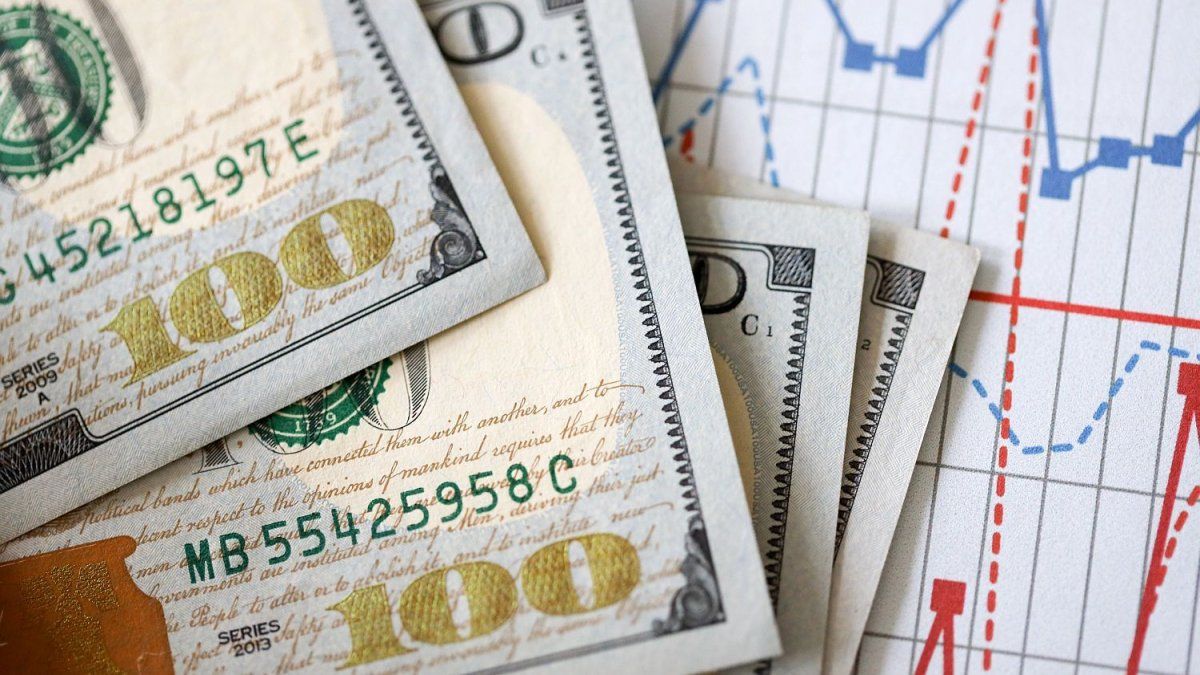It is inevitable that sensitivity becomes accustomed, and more so with the passage of time, to reading news of wars, famines, massacres and other of the many calamities that have always plagued the human race, with a distance that, although it is not of indifference, at least it is of sad resignation. That reader can do nothing to avoid a bombing, an epidemic, or the madness of a psychopath who shoots up a school or a supermarket thousands of kilometers away..
However, sometimes There is information that not only raises awareness, but also puts emphasis on the catastrophe that, perhaps, was not even fully appreciated.. Last Monday, the Teatro Alla Scala in Milan held a concert that was not just another concert. It was the debut of the call Orchestra del Mare.
The Orquesta del Mar is a brand new symphonic organization whose wooden and stringed instruments (violins, violas, cellos) were built with the remains of 60 barges with which illegal emigrants crossed the Mediterranean to reach Europe from Africa: in no case did they They achieved it, since those remains were rescued from the sea. But this orchestra also has another peculiarity: these instruments were built, in their entirety, in the luthiery workshop of four Italian prisons, the Opera Prison (Milan), Monza and Rebibbia (Rome) and Secondigliano (Naples). The barges had been abandoned at the Favarolo dock, in Lampedusa, the port that illegals choose to enter Italy.
The performance was held the night before last to a full theater, and the proceeds were destined to support the Metamorphosis projectcarried out in collaboration with the Intesa Sanpaolo association, which has allowed the creation of the orchestra, which also collaborates with the financing of the prison workshops in which sacred objects, such as rosaries, are also made with the wood of the boats.
The president of the Fondazione Casa dello Spirito e delle Arti, Arnoldo Mosca Mondadori, said in statements to the newspaper La Repubblica, that the Orchestra of the Sea “aims to transform into harmony and hope what is considered ‘waste’: ships destined for scrapping, emigrants fleeing hunger and war, and prisoners who transform wood into instruments.” “The musicians,” he added, “will use two violas, two cellos, eight violins and a double bass.”.
Famous musicians such as cellists Mario Brunello (who was also the artistic director of the performance) and Giovanni Sollima, together with the French violinist Gilles Apap and musicians from the Accademia dell’Annunciata conducted by Riccardo Doniwere in charge of the concert, in which the Brandenburg Concerto No. 3 in G major, by Johann Sebastian Bach; the Concerto in F minor Op.8 “Winter”, by Antonio Vivaldi (from The Four Seasons); “The Song of Wood”, by Nicola Piovani, and, among other works, the Preludio and Allegro in the style of Pugnani, by Fritz. The function was complemented by the one-man presentation of the plastic artist Mimmo Paladino, who showed his installation “I Dormienti” (The Sleepers), about shipwrecked emigrants. The writer and journalist Paolo Rumiz opened the night by reading his text “The memory of wood”, written for the occasion.
The prisoners, builders of the instruments, were able to follow the development of the concert live via streaming in the aforementioned prisons.and some of the institutions that participated in the creation of the Orchestra del Mare, such as the Agenzia delle Accise, Customs and Monopolies, the Department of Penitentiary Administration and the Casa dello Spirito e delle Arti Foundation. In 2022, the protocol was signed to create a network of lutherie and carpentry workshops in prisons.
“As the last notes of the concert echoed through the theater, I was left with a deep sense of hope. The Orchestra del Mare performance was not just a musical event; it was a testament to the resilience of the human spirit and the power of art to transform and inspire,” said Mosca Mondadori. “And as they continue to perform in other European venues, I have no doubt that their message of hope and unity will continue to resonate with audiences around the world.”
The Italian newspaper La Stampa, referring to the origins of this orchestra that made its world debut last Monday, published: “Its story began at least sixteen years ago.. ‘In 2008, I went with volunteers from the parish to help immigrants who arrived by barge,’ says Francesco Tuccio, a carpenter who has always worked on the Sicilian island, ‘from that experience I felt the need to shout and communicate to the world the suffering I was seeing. I began to collect wood recovered from the sea, wood impregnated with suffering and nostalgia, and reuse it to build crosses. As a Catholic, I wanted to give a sign of welcome and hope.’ Tuccio knows well the planks that end up on the beaches of Lampedusa: there are the hard ones from the keel and the softer ones from the top of the boats, the ones painted red, white, blue and green, and the ones so white and smooth that they look bones. ‘They are mistreated wood, you have to work with them in moderation -continues the carpenter-. I just clean the colored ones and try to bring them back to life, so I feel like I’m giving it back to those who died and ended up at the bottom of the sea.'”
“The Violin of the Sea”, for which Nicola Piovani (the musician who worked with Federico Fellini after the death of Nino Rota) composed the piece “The Song of the Wood”, was played some time ago before Pope Francis by Carlo Maria Parazzoli, first violin of the Academy of Santa Cecilia.
Source: Ambito
I am an author and journalist who has worked in the entertainment industry for over a decade. I currently work as a news editor at a major news website, and my focus is on covering the latest trends in entertainment. I also write occasional pieces for other outlets, and have authored two books about the entertainment industry.




